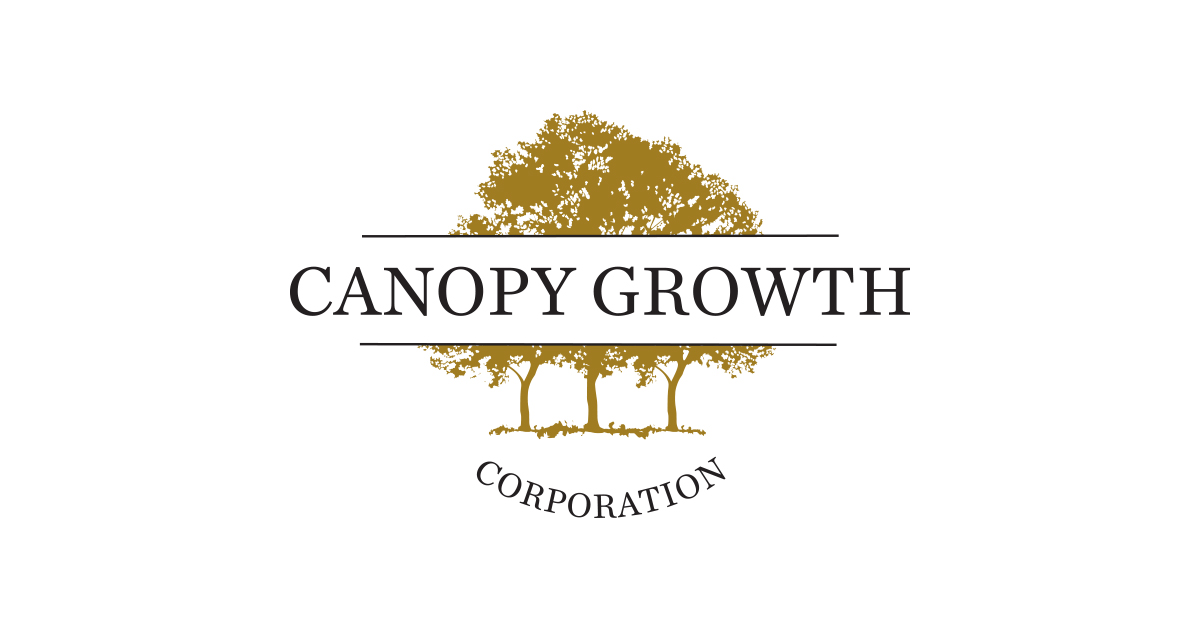Source: finance.yahoo.com\

Canadian cannabis company Canopy Growth (CGC) is doubling down on plans to invest in cultivating hemp in the United States.
Shortly after the passage of the farm bill, which legalized hemp production in the U.S., Canopy Growth launched plans in January to invest up to $150 million to cultivate hemp in New York state. In February, Canopy Growth CEO Bruce Linton told Yahoo Finance the company was prepared to invest a total of $500 million across two to three other states to replicate the hemp efforts in New York.
But now, given the rise in popularity and demand for the non-psychoactive CBD that occurs in greater concentrations in hemp than marijuana plants, Linton says Canopy is preparing to double its U.S. hemp cultivation efforts to six to seven states.
“We think this is moving faster than we expected,” Linton told Yahoo Finance about CBD during Yahoo Finance’s The Business of Cannabis special. “We're not going to be the farmer, but what we're going to do is we're gonna take the plant and we're going to process it, and then we're going to put the resulting ingredients into products that people want to buy. And we think there's a big market to do it.”
According to cannabis market research firm Brightfield Group, the U.S. CBD market is expected to grow 40-times larger by 2022 to reach $22 billion. That growth, however, hinges slightly on what regulations could be imposed on the sale or marketing of the rapidly expanding CBD-infused product set, including everything from creams and lotions to supplements.
CBD products for beauty and wellness

Canopy acquired British cosmetics company This Works for about $54 million in May with the hope of adding CBD to the company’s line of skincare and wellness products. Boosting Canopy’s hemp cultivation efforts in multiple states would not only allow for ample supply for those line of products, but also could potentially help hedge against a crackdown on CBD sales.
“A lot of states are saying, while interstate commerce is permissible, if you want to license in our state, you need to process in our state and the product needs to come from our state,” Linton said.
Directly handling the processing of hemp would also allow the company to ensure the safety and labeling of its products with greater certainty. Linton echoed the findings raised by industry advocates heard at an U.S. Food and Drug Administration hearing on CBD last week that showed many CBD products were mislabeled or contained incorrect levels of CBD, or in some cases none at all.
That could potentially jeopardize the move by many retailers, including CVS and Walgreens, to add CBD products to store shelves in select states earlier this year.
“And so what we think the big box guys want and the large chains is actually a large capable supply chain that makes a good product through a chain of custody that doesn't result in sellouts and doesn't result in recalls,” Linton said.
Canopy’s 308,000 square-foot hemp processing facility, the so-called Hemp Industrial Park in the Southern Tier of New York, is slated to be operational in 2020, though Linton said the company plans on smaller cultivation projects in other states.
“New York's a pretty big state, right? Big population, so you don't need as large as that for most states, but you do need the ability to process product that's produced in the state,” he said.
ReplyDeleteGelato
CBD capsules
THE BEST VAPORIZERS